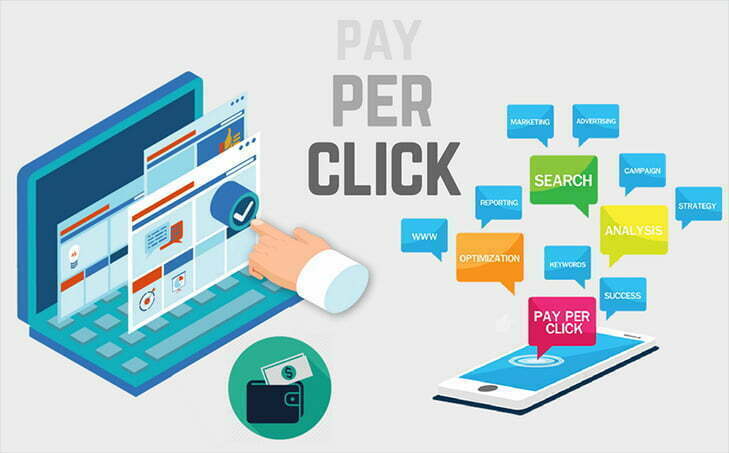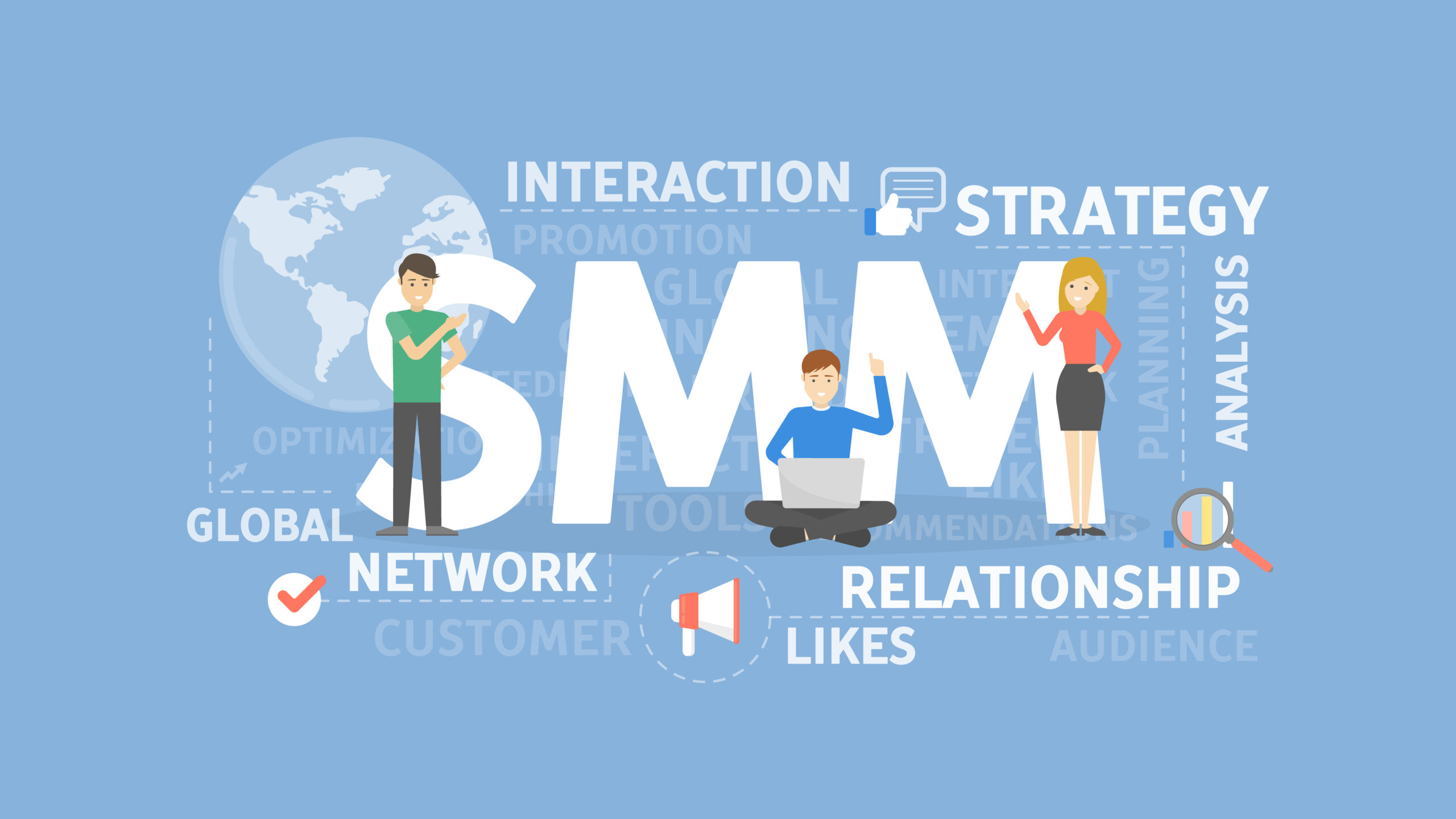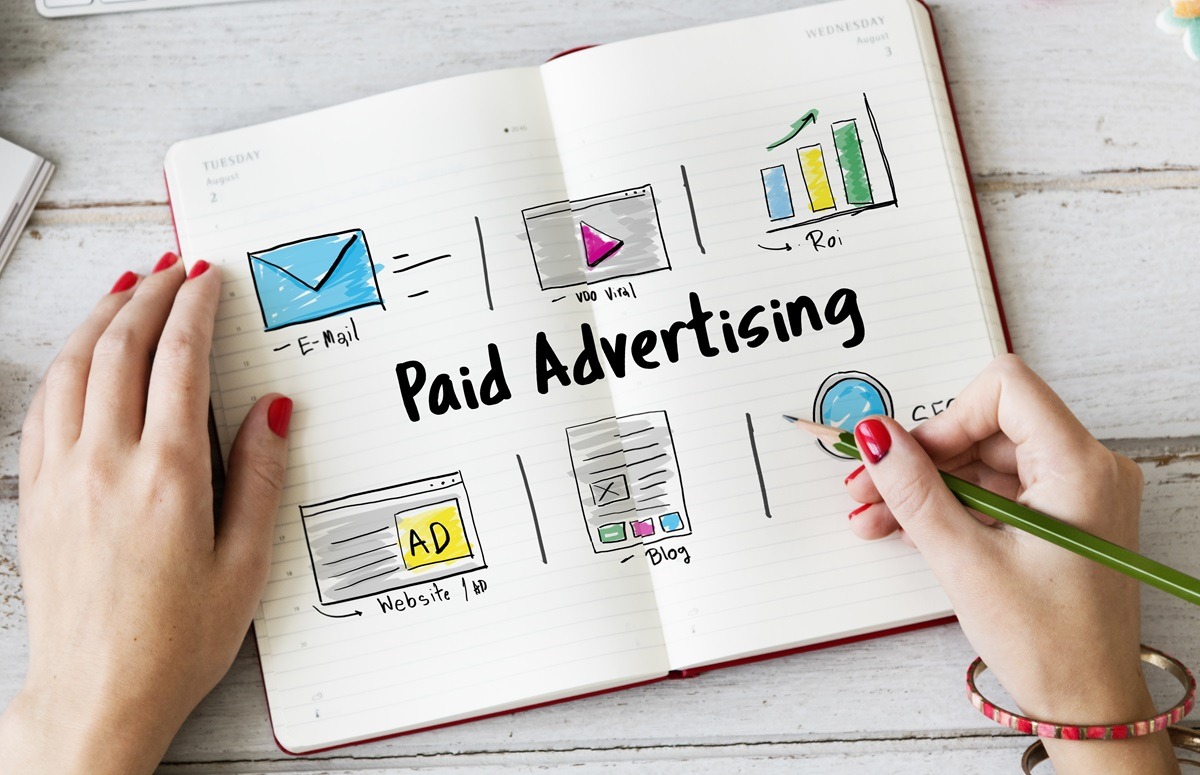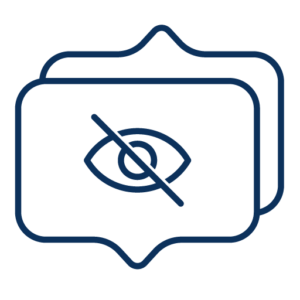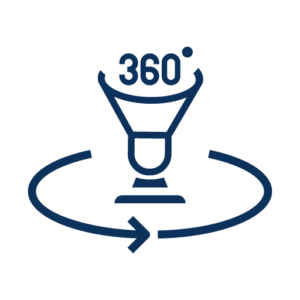An extensive range of activities is included in the concept of “digital marketing.” It includes everything from content creation to sponsored advertisements, and each pay-per-click advertising strategy has pros and cons. Your marketing plan should be divided into a thoughtfully chosen assortment of more specific paid and unpaid tactics.
Each company wants to find low-cost advertising options that will have a big impact. Today’s topic is specifically the advantages of PPC, or pay-per-click, advertising. Compared to many other marketing strategies, a PPC campaign may considerably increase web traffic and produce a highly measurable ROI when implemented correctly.
Even so, many companies are reluctant to spend money on sponsored advertising when free alternatives are available.
Why should you think about purchasing Google Ads? What exactly are PPC ads?
Enquiries will be addressed as soon as possible. Read on to discover the ins and outs of PPC advertising and 7 of the top advantages you may expect to enjoy if you employ pay-per-click techniques properly.
Pay-Per-Click Advertising: What Does It Mean?
PPC, known as Pay-Per-Click, is a method of advertising in which you get charged a small sum each time a customer clicks on one of your ads. These advertisements are a traffic choice for companies that want complete control over their performance and budget. You only pay for these ads’ traffic rather than wasting money on anticipated impressions. The three most popular PPC advertising platforms are Google Ads, Microsoft Advertising, and Facebook Ads; nevertheless, given the sheer number of searches and the overwhelming variety of options, Google is the most valuable for any PPC campaign. Google advertising generally falls into one of three categories, each of which has a different PPC cost and effectiveness:
Search Network: Text-based advertisements from the Search Network, such as sponsored links, adverts on shopping pages, and shopping banner results, appear alongside Google search results.
Display Network: This advertising is typically image-based and shown as a banner, sidebar, or footer image on the websites your audience visits.
Video: These video-based advertisements appear before, during, or following YouTube programming. The most effective PPC advertising campaigns encourage customers to take practical actions, such as downloading a PDF file, submitting a form to obtain a price, or simply buying your goods.
7 benefits of Pay-Per-Click advertising
Here are a few main benefits of PPC advertising, which are excellent for your company & how pay-per-click ads work.
1. PPC advertising delivers immediate traffic.
PPC advertising spaces are already available, so why not use them to start bringing in business? At the same time, organic marketing efforts are concentrated on putting your content on the top page of Google.
It can take months to go up the organic search results for a keyword. Organic growth is essential for creating a long-lasting brand, but more immediate results are occasionally required.
PPC can help create and run a plan for your company immediately to begin bringing in targeted customers.
2. Decide your advertising budget.
In the case of other adverts, a set price is locked in.
PPC allows you to stay within your budget. In other words, no matter how big or small your business is, you can constantly adjust your marketing budget within your limitations.
3. Pay-Per-Click advertising generates warm leads.
PPC advertisements allow you to connect with the correct people while they are actively looking for what you have to offer. Not only will you pay per click, but visitors who are already interested in what you have to offer will see your product.
4. Quick Entry
With some tweaking, you may get up and running quickly even if you’re a decade behind your competition in PPC marketing.
This contrasts with the first stages of SEO campaigns, which can require a lot of time and work to achieve the exact positioning and traffic that Google Ads gives within minutes of launch.
You have the advantage of targeting folks who are not already familiar with your business as compared to other channels like email and natural social media. You may immediately cast a net with PPC to attract fresh leads and clients.
5. You are in control.
Even though default campaign settings include several subtleties, you finally have control over various alternatives for connecting with potential consumers. Start by selecting the keywords and locations you wish to target. If you want to start small, your budget has a lot of room for maneuver. You can decide how much money you want to spend by setting your ad budget and bids (though you have to pay at least close to a market rate to play in most cases).
6. SEO approach benefits from PPC user data.
Test your keyword strategy with PPC before you commit to long-term SEO techniques.
When it comes to paid search, there is no such privacy restriction as applies to organic keywords, so you can see a complete summary of the terms that convert, along with their cost and conversion rate.
PPC keyword data can optimize existing metadata, headlines, and keywords for organic search marketing (SEO). Without waiting for your content to rank naturally, PPC campaigns let you improve every piece of content on your website.
7. PPC advertisements provide numerous targeting choices.
PPC advertising makes it simple to target particular client profiles locally and internationally by putting metrics like user ages, localities, and interests at your fingertips.
Even better, when you experiment with PPC ads, you’ll be able to determine the kind of users that respond to your campaigns and the platforms those users use, allowing you to hyper-target various audiences on the platforms where they convert most effectively.
Advantages and Disadvantages of Pay-per-click advertising
To lead Pay-per-click (PPC) advertising is an inexpensive way to drive traffic to your website. There are many advantages and challenges to consider.
Advantages of Pay Per Click Advertising
The benefits of running PPC advertising are:
Inexpensive:
Cost-effective as you only pay when users visit your site. You can choose to use as much or as little as you like. Targeting – You can target your audience based on location, language, and device demographics.
Measurable:
You can set up PPC campaigns and carefully measure their effectiveness. Accurately determine your return on investment.
Customizable:
As you run your campaign, you can make many minor adjustments to improve it based on what works best for you.
Training Resources:
There are many (often free) online courses and training materials to help you develop your skills. You’ll see immediate results from your PPC efforts. It can take months for your organic search engine optimization (SEO) strategy to take effect.
Disadvantages of pay-per-click advertising
Challenges of PPC advertising include:
Investing hours:
PPC campaigns cannot be set up and finished. For best results, you should spend time optimizing and improving.
Skills Required:
Setting up an effective campaign can take some practice. Many companies choose a professional agency.

